What Happened?
Congress is delaying to March 1 its self-imposed deadline to pass appropriations bills necessary to keep the federal government running. The delay gives us an opportunity to review what Senate and House appropriation committees passed in July 2023 and the potential impacts on grants essential to control lead-based paint hazards in Fiscal Year 24 (FY24), which started on October 1, 2023.
Both committees proposed cuts1 of roughly 15% in funding for FY24—from $410 million in FY23 to $350 million in the Senate and $345 million in the House.
In an extraordinary move, the House Committee sought to take back $564.2 million in funds appropriated in previous years that HUD had not obligated by executing a grant or contract. This proposed rescission represents almost half of the total funding that Congress appropriated for the grants in the three prior years.
The Senate Committee also proposed to rescind funding from some prior years but “only” $114.4 million, consisting of $65 million appropriated to reduce lead hazards in FY22 and $49.4 million appropriated in FY22 and FY23 to conduct lead hazard screenings or lead-risk assessments during housing quality standards inspections of Housing Choice Voucher units where a child under age 6 is or is expected to be residing in the unit.
Why It Matters
The grant funding is essential to supporting community-based efforts to reduce lead-based paint hazards in privately-owned rentals or owner-occupied housing serving low-income families. Without these funds, these families will struggle to protect children from harmful exposure to lead-contaminated dust and other hazards, leaving them at risk for lower IQ, behavioral problems, and, ultimately, lower lifetime earnings.
Our Take
Something is wrong when Congress seeks to take back unobligated funds from prior years. Grant programs should be managed to obligate those funds in a timely manner. When they don’t, Congress typically allows the agency to keep the funds but redirects them to a related purpose.
However, in July 2023, the House Committee sought to rescind funds provided to HUD to control lead hazards and make homes healthier when it passed the FY23 appropriations act on December 29, 2023—less than seven months earlier. The agency did not have a realistic opportunity to obligate those funds by then, especially given the conditions Congress imposes that make the process burdensome for both potential grantees and the agency.
The House Committee either has serious problems with the goal of protecting children of low-income families from lead hazards in privately-owned rentals or owner-occupied housing, or it has lost confidence in the program’s management. If it was solely about program management, we would see the Committee take steps to fix the problem.
While the Senate Committee’s smaller, but still significant, cuts are also a problem, its report shows it is seeking to figure out why the funds were not obligated and find a solution. Specifically, it directs HUD to:
- Continue to encourage more grantees to apply;
- Better communicate that non-profits may jointly apply with a governmental unit;
- Better coordinate with DOE’s Weatherization Assistance Program to save time and funding; and,
- Brief Congress within 270 days of enactment of the funding about challenges getting public housing authorities to apply for grants to conduct lead risk assessments.
These steps alone will not address the barriers to getting the grant funds to the communities that desperately need them. A more focused effort is needed to find and fix the problems. An improved process will increase the number of applicants by identifying unnecessary or duplicate data collection and reporting requirements and other barriers hindering efficiencies in the grant making process.
Some Good News on Lead Service Lines
The Senate Committee also recognized the ongoing disconnects between HUD and EPA on lead service lines (LSLs)—the lead pipes that connect drinking water mains to more than 9 million homes across the US. The Committee directed HUD to report back in 120 days of enactment of the bill on efforts to coordinate with EPA regarding drinking water lead service lines (LSLs) including:
- Visual inspection protocols;
- Inventories of LSLs; and
- Identifying any cross-agency progress made by public water systems in eliminating lead service lines at HUD-assisted properties.
Next Steps
We recognize the committees are frustrated with HUD’s shortcomings in administering these grants. Rather than rescinding and cutting the funds, Congress needs to rethink how these grants are managed. Unleaded Kids will advocate for a serious reevaluation of the problem and the potential solutions for both HUD and Congress.
Resources
Check out https://crsreports.congress.gov/AppropriationsStatusTable?id=2024 to track the FY24 appropriations process. The relevant bill, THUD, is listed at the bottom.
Thanks to NCHH’s Sarah Goodwin for flagging the issue and providing links, trends, and other supporting information.
- Click here for the text relevant to the HUD’s Office of Lead Hazard Control and Healthy Homes (OLHCHH). ↩︎

